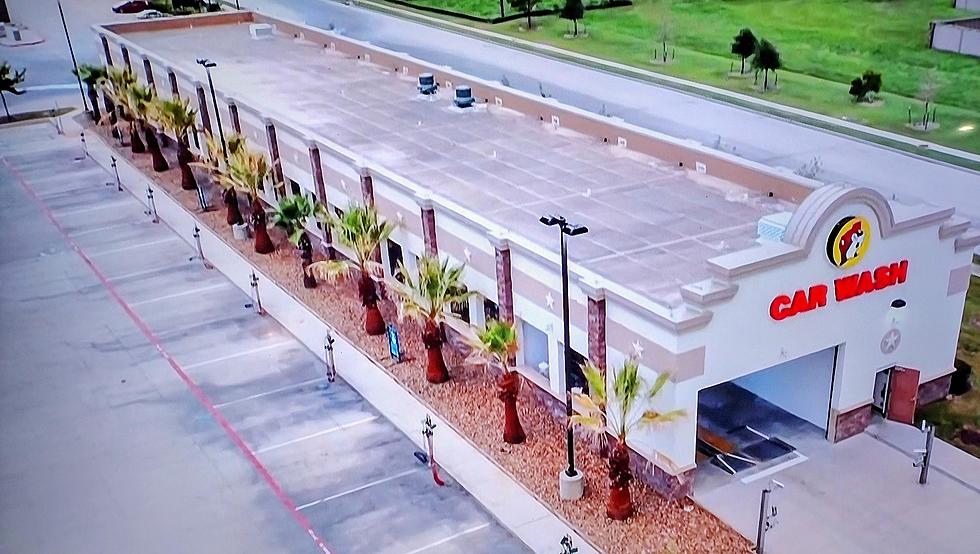
Another Arctic Blast Hits This Week, Can the Power Grid Hold Up?
Wednesday will see another arctic blast coming down out of Canada, but can the power grid hold up for this one or will it fail like it did last February?
According to the Midland Reporter-Telegram, the National Weather Service is alerting people in Texas and here in the Permian Basin to be aware of another arctic blast headed this way.

The cold front should hit us on Wednesday with single-digit overnight lows for Wednesday night and Thursday morning and a chance of freezing rain and snow.
“Combined with the ice and snow, unseasonable cold temperatures will impact the region,” said the National Weather Service. “Temperatures will fall below freezing Wednesday and may not rise above freezing until the weekend.”
This will not be a week-long event like we had last year, but it will bring cold temperatures and frozen precipitation for a couple of days.
Even though this will not be as severe an event as last year that took out several power plants, this one will only test the grid and not put a burden on it for days like last year.
Water vapor is a danger for gas producers since extremely cold weather can make that vapor turn to ice inside equipment slowing down operations and flows if not bringing them to a screeching halt.
But there are heating elements in some pipes to prevent freezing and in others, there is methanol and glycol that can be injected into lines to prevent those lines from freezing.
So even though it will be brutal, we do not have to worry about it being a 6-day event that cripples us like we experienced last year.
TIPS: Here's how you can prepare for power outages
LOOK: The most expensive weather and climate disasters in recent decades
More From The Basin's Classic Rock

![Don’t Let The New Overpass On 385 Confuse You! [PHOTOS]](http://townsquare.media/site/523/files/2022/01/attachment-new-overpass1.jpg?w=980&q=75)







